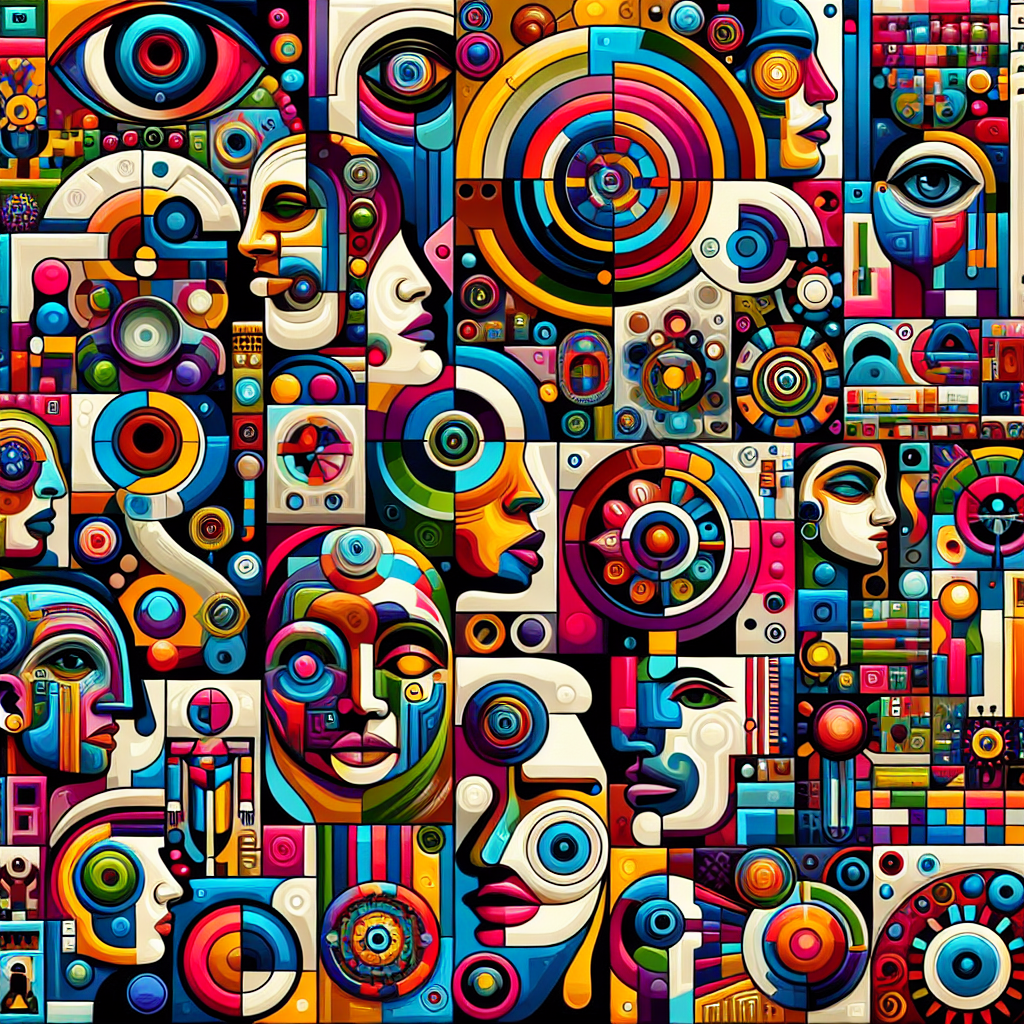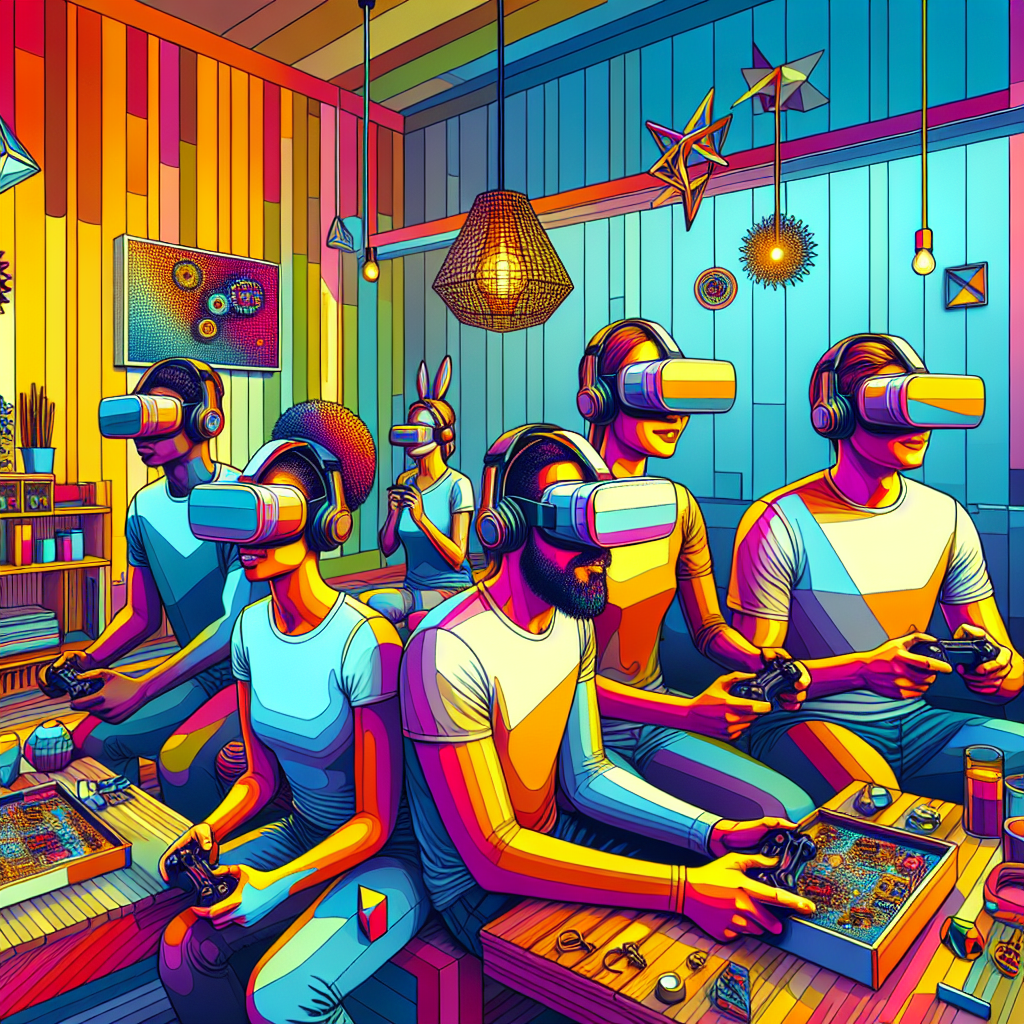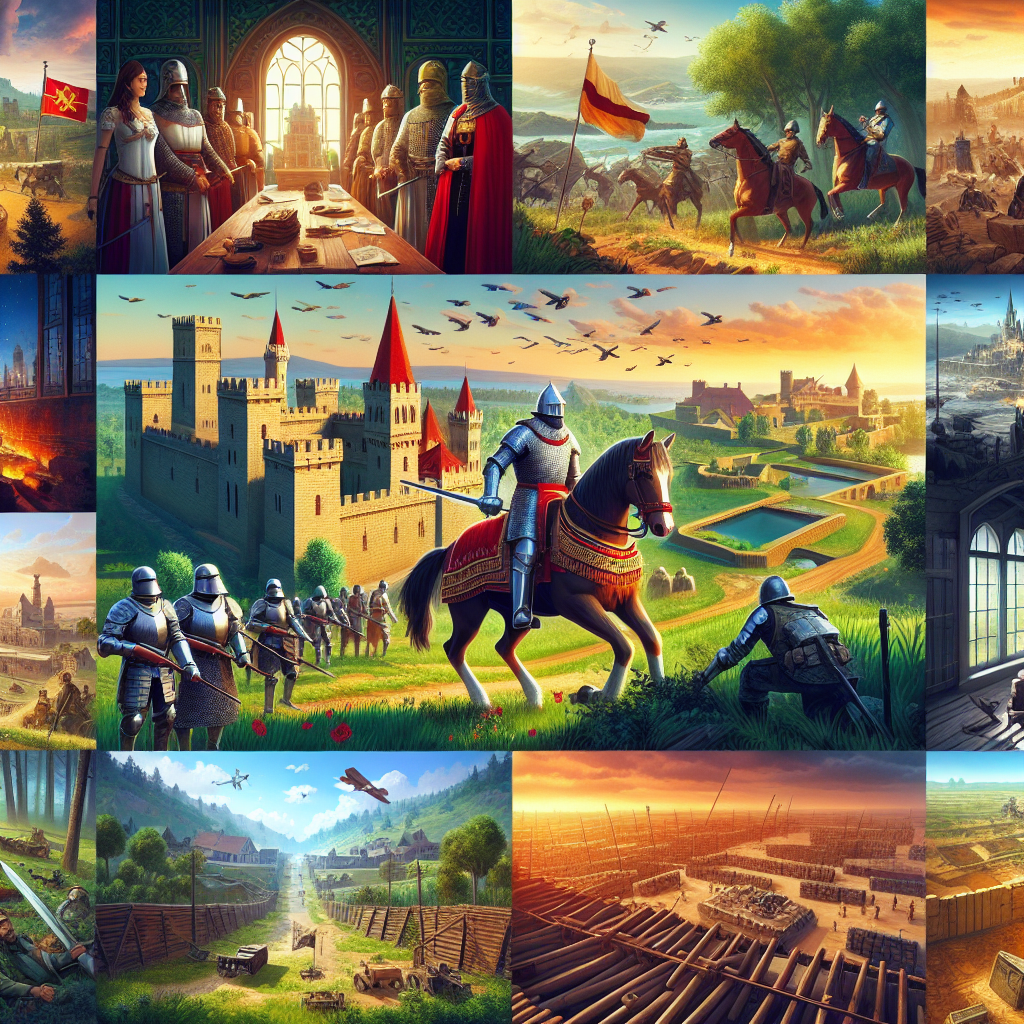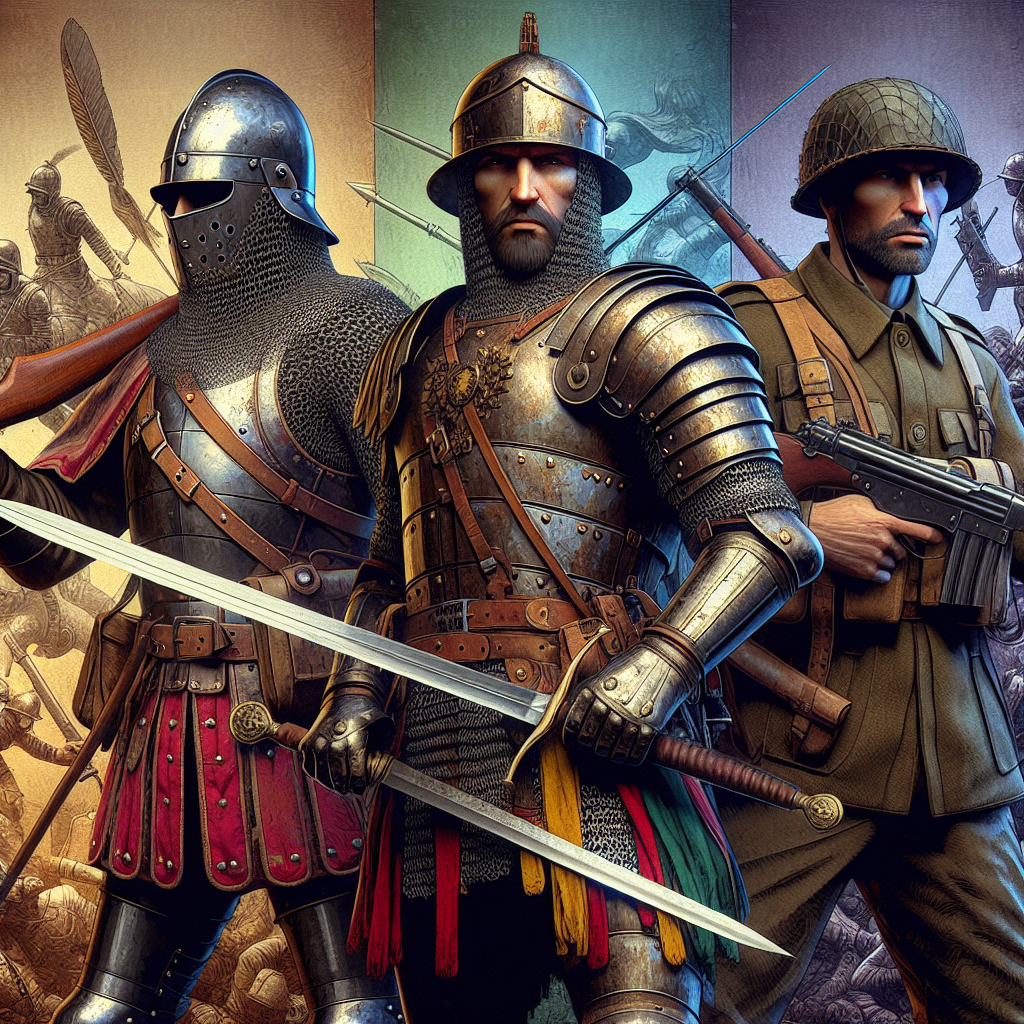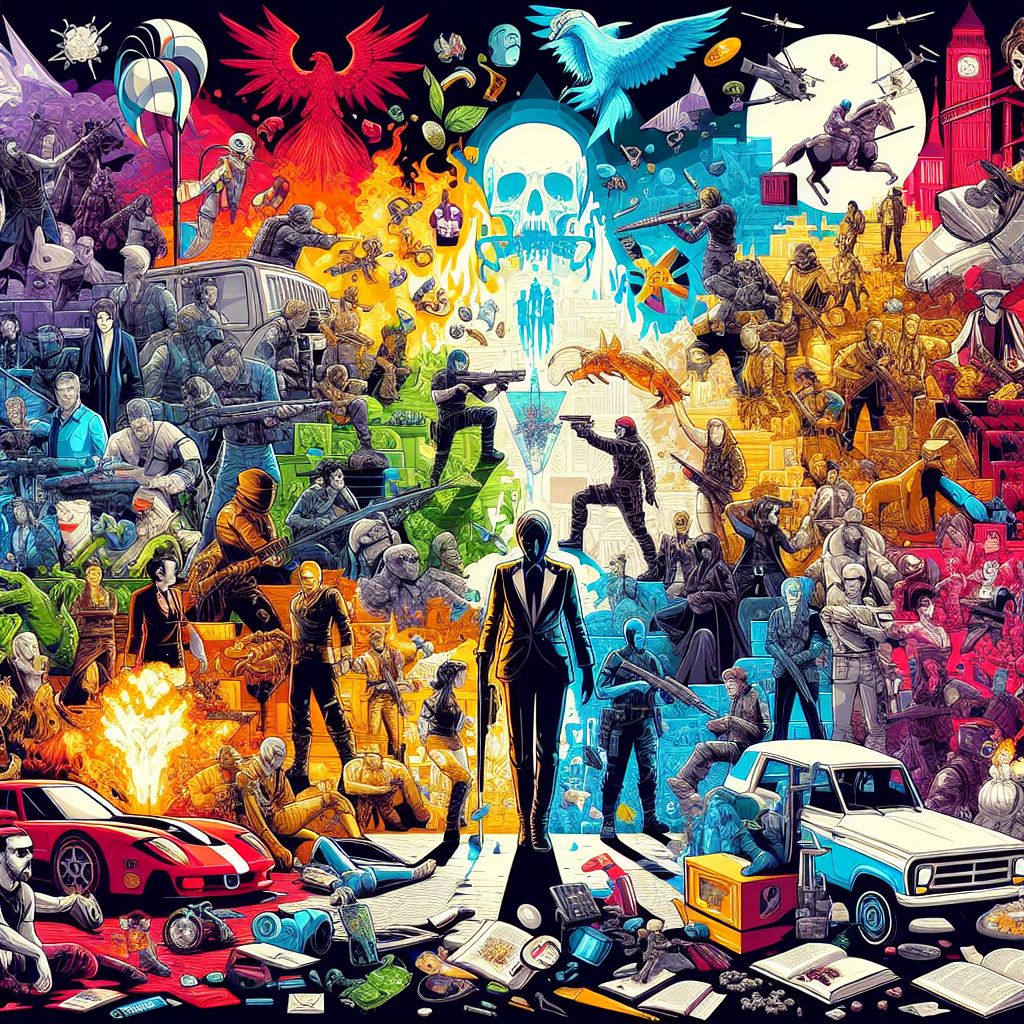In recent years, games reflecting modern humanity have become a profound medium for storytelling and social commentary. These digital experiences do more than entertain; they mirror our current societal landscape, exploring themes of identity, community, and conflict. From virtual worlds to narrative-driven adventures, games are holding a mirror to our lives, challenging us to reflect on our values and beliefs.
Games as a Reflection of Society
Games reflecting modern humanity often tackle pressing issues such as mental health, inequality, and environmental concerns. Titles like “Life is Strange” and “The Last of Us” delve into complex emotional narratives, allowing players to navigate the intricacies of human experience. These games foster empathy and understanding, encouraging players to confront difficult topics in a safe environment.
Moreover, many games are designed to be inclusive, representing diverse characters and perspectives. For instance, “Overwatch” features a cast of characters from various ethnic backgrounds and cultures, promoting a message of unity amidst diversity. This inclusivity not only reflects the current societal push for representation but also enriches the gaming experience, making it more relatable to a broader audience.
Interactive Storytelling and Player Agency
One of the most significant ways that games reflecting modern humanity engage players is through interactive storytelling. Unlike traditional media, games allow players to make choices that influence the narrative outcome. This interactivity creates a personal connection, as players see the consequences of their actions, mirroring real-life decisions and their impacts.

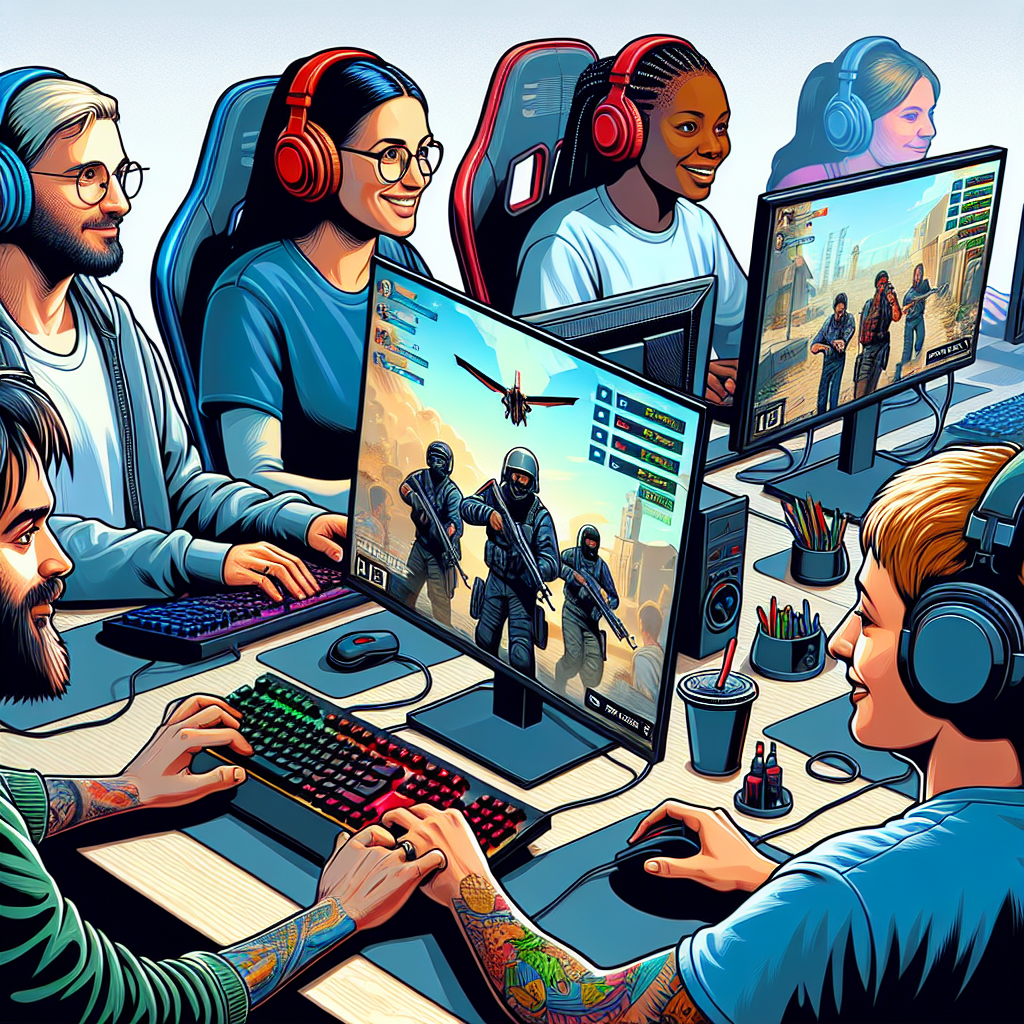
Games like “Detroit: Become Human” exemplify this trend, as players navigate a world where choices define the fate of both characters and society. This level of engagement not only entertains but also encourages players to reflect on their morals and ethical beliefs, making them more aware of their role in shaping the world around them.
The Role of Community in Gaming
Another aspect of games reflecting modern humanity is the strong sense of community they foster. Multiplayer games and online platforms create spaces for collaboration and connection, transcending geographical boundaries. Players form friendships, support networks, and even advocacy groups within these virtual environments.
The rise of games like “Animal Crossing: New Horizons” during the pandemic illustrates how gaming can provide comfort and connection in challenging times. Players shared their in-game experiences, creating a sense of community and belonging when physical interactions were limited. This phenomenon highlights the importance of games as a social tool, reflecting humanity’s inherent need for connection.
In conclusion, games reflecting modern humanity serve as a powerful lens through which we can explore and understand our world. By addressing contemporary issues, encouraging empathy, and fostering community, these games not only entertain but also inspire us to think critically about our lives and the society we inhabit. As the gaming industry continues to evolve, we can expect even more profound reflections of our humanity in the digital realm.
Some content and/or images on this page were created using AI.

